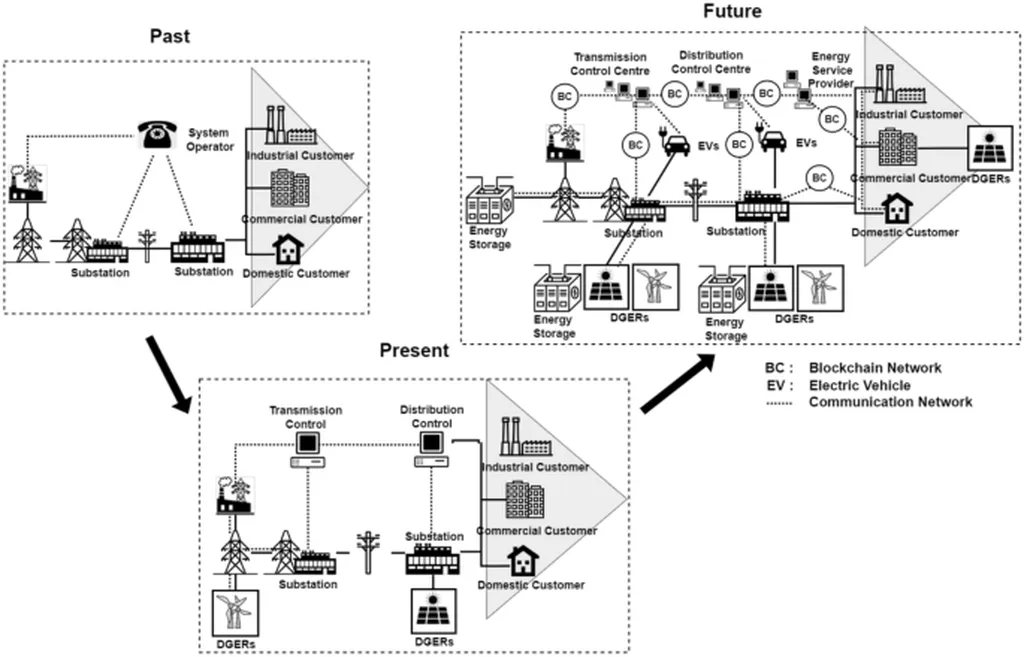In the rapidly evolving energy landscape, the integration of renewable energy sources has presented both opportunities and challenges. One of the most pressing issues is the stability of power grids, which face increased instability due to the reduced system inertia from renewable energy sources. A recent study published in the journal “Electric Power Systems Research” offers a promising solution to this problem, with significant implications for the energy sector.
The research, led by Subhranshu Sekhar Pati from the Department of Electrical Engineering at the International Institute of Information Technology Bhubaneswar, proposes a comprehensive approach to improve grid stability. The study integrates controlled energy storage systems, including ultra-capacitors, superconducting magnetic energy storage, and battery storage, alongside a robust frequency regulation management system.
At the heart of this strategy is a novel controller that combines a constant with proportional–integral–derivative (PID) and modified fractional-order (MFO) control, forming a 1+MFOPID controller. This innovative controller is designed to optimize system performance by incorporating both frequency and time domain characteristics. “The efficacy of the proposed controller is validated by comparing its performance with conventional PID and fractional-order PID controllers,” Pati explains.
The study also evaluates the performance of various energy storage systems and their individual contributions to frequency regulation. Notably, it highlights the synergistic benefits of battery storage in conjunction with other storage technologies. “The synergistic benefits of battery storage in conjunction with other storages are particularly noteworthy,” Pati adds.
The research further reinforces the robustness of the proposed approach through sensitivity analysis, assessing the impact of parameter uncertainties in the system design. This analysis underscores the potential of the proposed method to enhance grid stability and reliability, which are critical for the commercial viability of renewable energy projects.
The findings of this study have significant commercial implications for the energy sector. As the world transitions towards renewable energy, ensuring grid stability is paramount. The proposed frequency regulation management system and the innovative 1+MFOPID controller offer a robust solution to the challenges posed by renewable energy integration. This could pave the way for more stable and reliable power grids, facilitating the wider adoption of renewable energy sources.
Moreover, the study’s emphasis on the synergistic benefits of battery storage highlights the importance of integrating multiple energy storage technologies. This could drive investment in diverse storage solutions, creating new opportunities for energy storage providers and enhancing the overall resilience of the power grid.
In conclusion, this research represents a significant step forward in addressing the stability challenges associated with renewable energy integration. As the energy sector continues to evolve, the insights and innovations presented in this study will be crucial in shaping the future of power grids. With the increasing focus on renewable energy, the proposed solutions could play a pivotal role in ensuring a stable and reliable energy supply for years to come.

